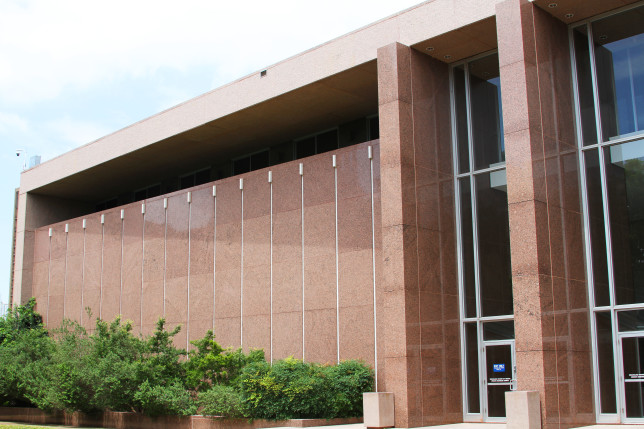Ex Parte Robert Lynn Pruett
No. WR-62, 099-05
Case Summary written by Zirwa Baseer Sheikh, Staff Member.
Robert Lynn Pruett was found guilty of capital murder and sentenced to death by a jury in April 2002. The Court of Criminal Appeals not only affirmed the applicant’s conviction and sentence on direct appeal, it also denied relief on his initial application for writ of habeas corpus and dismissed his subsequent application, holding that the applicant failed to satisfy the requirements. On his second application for a writ of habeas corpus, the applicant claimed relief under Texas Code of Criminal Procedure Article 11.073, asserting that had the results of DNA testing been available at his trial he would not have been convicted. The Court of Criminal Appeals reviewed the issue de novo and affirmed the trial court’s judgment, holding that it was not reasonably probable that Robert Pruett would have been acquitted had the inconclusive DNA results been available at trial. The court held that the applicant was foreclosed from obtaining relief under Article 11.073 and his motion to stay was denied.
JUDGE ALCALA, dissenting.
Judge Alcala believed that the motion to stay the impending execution for capital murder conviction should have been granted in favor of Robert Lynn Pruett. She believed that the evidence should be examined more closely, and therefore, the court should remand the habeas corpus claim to the habeas court for an evidentiary hearing. Judge Alcala found that the applicant’s conviction was based on inmate testimony and “junk science,” which she believed the legislature found to be unreliable. Furthermore, Judge Alcala determined that the petitioner’s previous applications for habeas corpus on grounds of ineffective counsel and due process violations should be reopened sua sponte.
Judge Alcala contended that Article 11.073 was written to allow post conviction challenges based on scientific evidence that could not be offered by the convicted individual at trial or scientific evidence that contradicts the evidence used by the state during trial. She contended that the science of physical match comparison used in convicting the defendant required closer examination, especially after the publication of a 2009 forensic report published by the National Academy of Sciences discredited the science that the state relied on during trial.
Speaking to the applicant’s second application for writ of habeas corpus, Judge Alcala contended the applicant made a valid prima facie case that his due process rights were violated, that the legislature determined testimony made by an inmate against another is inherently unreliable, and therefore, his application should be remanded to the habeas court. Furthermore, she argued that the applicant made a sufficient prima facie case of inadequate counsel, arguing that the counsel’s inability to raise a meritorious claim should be sufficient to overcome a barrier on subsequent writs of habeas corpus.

